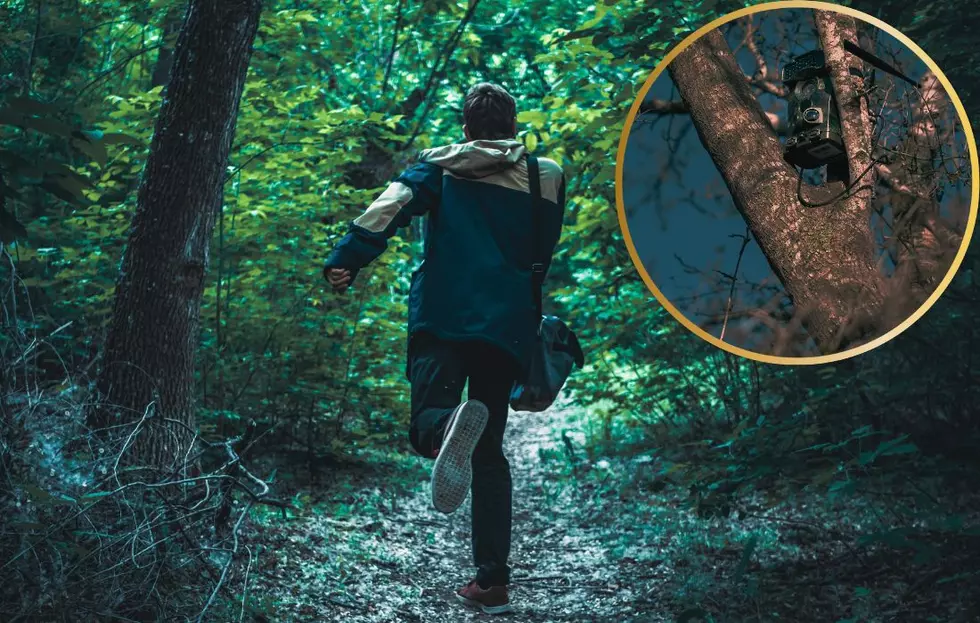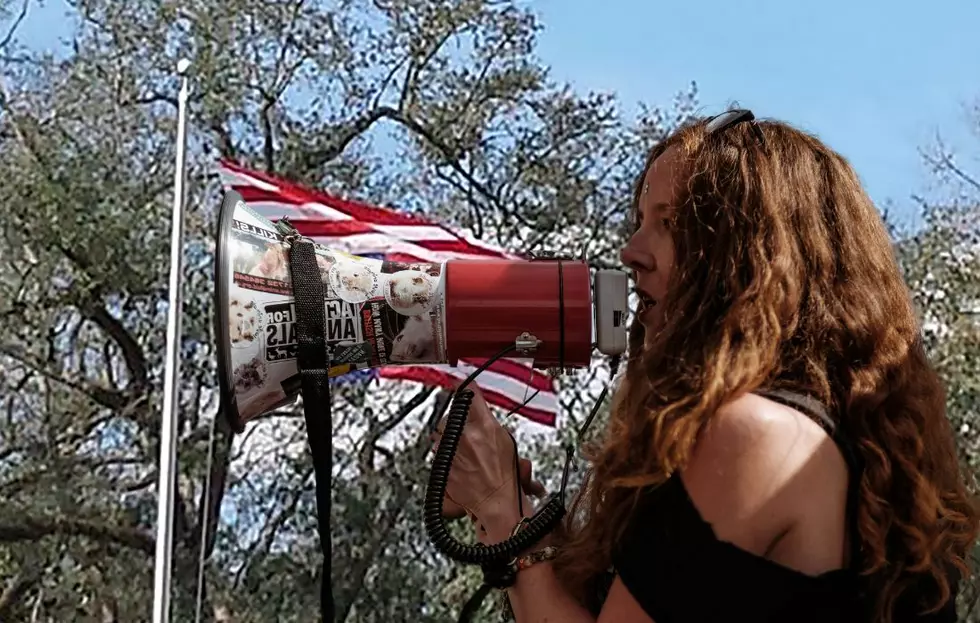
The Disturbing Reality of Idaho Being a Single-Consent State
Picture this scenario: you're having a conversation with a coworker in Idaho, and you decide to record it to have proof of any agreements made.
Sounds innocent enough, right? Well, if you're not careful, you could be breaking the law. That's because Idaho is a single-consent state when it comes to recording conversations, and that comes with some disturbing consequences.
What does it mean that Idaho's a single-consent state?
First things first, let's explain what a single-consent state means. It means that only one party involved in a conversation needs to be aware that the conversation is being recorded.
In contrast, a two-consent state requires all parties involved in a conversation to agree to being recorded. Idaho is one of the 38 states in the US that is a single-consent state.
Idahoans have the right to record several forms of communications.
Idaho Code 18-6702 extends itself to the right to record phone and electronic communications, in-person conversations, and even government officials in public.

While this may sound like a great way to protect yourself legally, it's essential to understand that there are limitations in place. For example, you cannot record a conversation that you're not a part of, and you cannot use the recording for blackmail purposes.
Fines & Fees for Breaking Idaho's Single-Consent Law
Now, let's talk about the potential fines and prison time that come with breaking this law. If you're caught recording a conversation without the other party's knowledge, you could face a $5,000 fine and up to five years behind bars.
We don't know about you, but in our opinion, this punishment is severe enough to make us think twice before recording any conversation we're a part of.
What's the point of Idaho being a single-consent state?
The main reason is that it's meant to protect people's right to privacy.
In a two-consent state, both parties involved in a conversation have to agree to being recorded. It ensures that everybody involved is aware and consenting, and their privacy is protected.
In a single-consent state like Idaho, the burden is on the person recording to follow the law and ensure that they're not violating any privacy rights.
Washington's Weird Laws: 11 Regulations We Can't Believe Exist
Gallery Credit: Ryan Antoinette Valenzuela
Idaho Has Crazy Neighbors: Weird Laws in California & Utah [gallery]
Gallery Credit: Ryan Valenzuela
Boise's 7 Most Blown-Off & Forgotten Traffic Laws
Gallery Credit: Ryan Valenzuela





